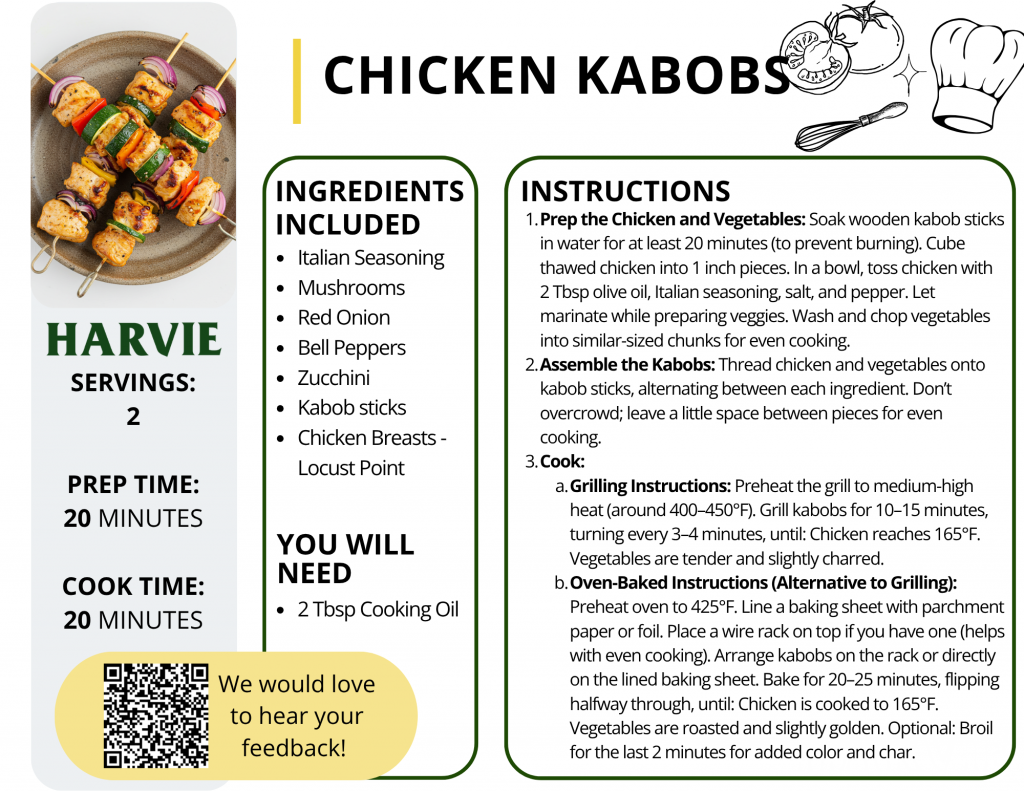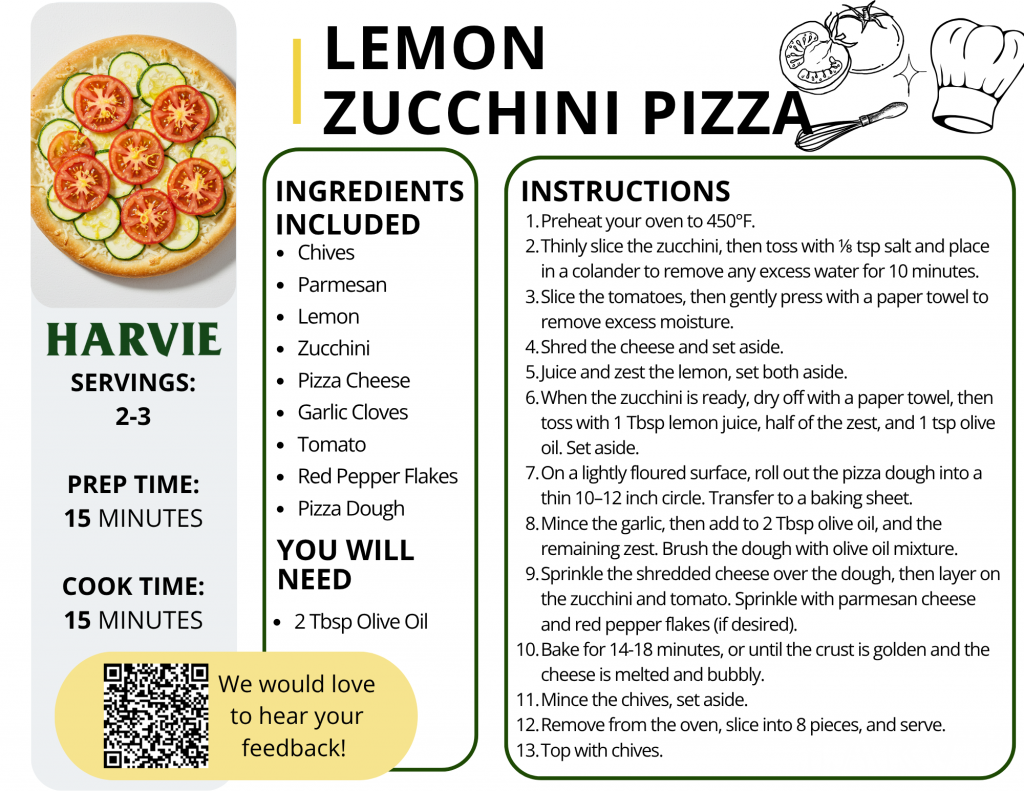Quick snowstorm update.
We are opening back up for deliveries tomorrow. Inbound deliveries from our producers resume tomorrow too, and outbound deliveries to your door are back on.
Please keep placing orders. We’re grateful to keep serving you and bringing the independent food economy right to your house.
Schedule note:
Monday deliveries have been moved to Tuesday. We expect all other delivery days to stay on track this week.
A couple quick asks for Harviester safety:
- If you can, please tip your Harviester a little extra for getting out in these conditions.
- Please clear and salt your driveway, road, steps, and walkway as best you can.
And hey, keep eating great food. This is a perfect week to stay in, be with your people, and make something warm and simple.
Shop this week’s picks
https://www.harvie.farm/farm/harvie/products/featured
-Simon Huntley
Founder & Operator, Harvie
eatharvie.com


